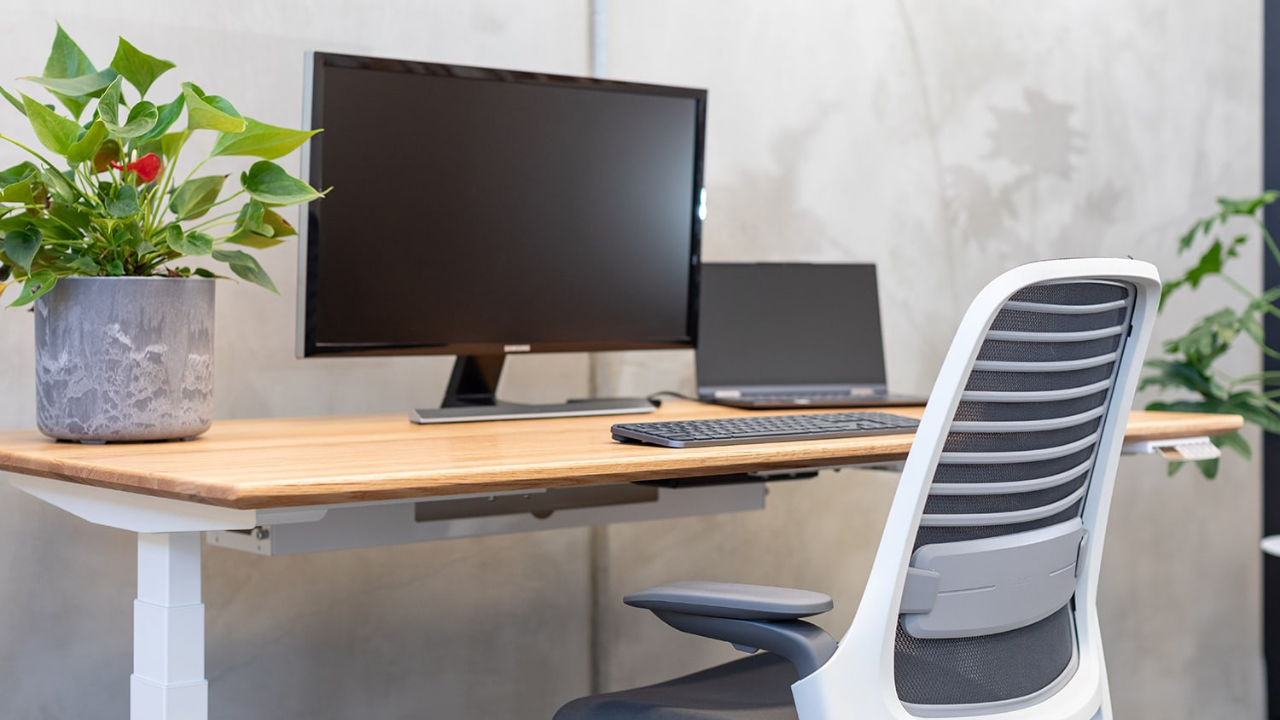It can be frustrating to reach the end of a work day and find that you have barely made a dent in your to-do list. The day may have disappeared in a flurry of meetings, interactions with colleagues, and interruptions. Making some small changes to your daily workflow will help to make you more productive.
1. Take regular breaks
If you want to avoid fatigue and burnout, it is crucial to take regular breaks. It can be easy to get so absorbed in projects with tight deadlines that you feel you just can’t afford to take breaks. It’s tempting to think that spending more time at your desk means you will get more done. In reality, taking regular breaks boosts your productivity. When you take breaks, don’t spend your time on social media. Rather head outside for some fresh air and exposure to nature.
Another way to increase your productivity is to ensure your computer works at its best. You can install an application on your device to help clean it of malware, clear the cache, and even help fix the battery and the sound when the volume is low.
2. Focus on one task at a time
Multitasking is a common practice today. You may have to multitask at times but when doing certain tasks it can reduce your productivity. Some tasks require your full attention and concentration. It is difficult to write an email or report while taking part in a Zoom call. Your attention will be divided between listening and writing and you will probably do neither well.
If you tend to start more tasks than you finish in a day, try to prioritize. Pay attention to the times of day when you feel most energetic and plan to work on the most demanding tasks at those times. Write that challenging report and use grammar tools to make sure the end product is professional.
3. Unplug social media
In the modern digital age, the allure of social media can be remarkably compelling, often leading to inadvertent consumption of our valuable time and focus. Unless your professional obligations explicitly require engagement with social media platforms, it is highly beneficial to deliberately disconnect from them during your designated work hours.
The pervasive nature of these platforms can inadvertently draw your attention away from your tasks, acting as a formidable barrier to maintaining a concentrated workflow. The habitual urge to incessantly peruse social media not only diverts your cognitive resources but also squanders your precious energy, which could be better allocated toward productive endeavours.
Incorporating a conscious decision to distance yourself from the incessant stream of social media updates can be a pivotal step toward optimizing your work routine. Instead of succumbing to the transient satisfaction of a prolonged scrolling session, channel your efforts into tasks that bear tangible outcomes and contribute to your personal and professional growth. By disentangling yourself from the perpetual cycle of social media notifications, you regain control over your attention and bolster your efficiency.
As a practical approach, consider carving out specific intervals during your breaks to briefly check for any urgent messages or updates. This approach ensures that you remain connected without allowing social media to infringe upon your dedicated work hours.
4. Break big tasks into small ones
One effective strategy for managing your workload and enhancing productivity is to adeptly break down substantial tasks into smaller, more manageable components. The process of dissecting a complex objective into bite-sized portions serves as a practical approach to mitigate the overwhelming feeling that often accompanies significant undertakings. By addressing these smaller tasks individually, you cultivate a sense of control and competence, as each accomplishment contributes to your overall progress. This incremental approach has a profound psychological effect, imbuing you with a sense of achievement each time you conquer a smaller task. This uplifting feeling fuels your motivation and propels you forward, instilling the determination required to tackle the subsequent tasks in line. Gradually, as you navigate through the array of manageable tasks, you may be pleasantly surprised to realize that you have systematically completed the entirety of your original imposing assignment. This process not only streamlines your work but also empowers you with the confidence to embrace challenges and consistently achieve your goals.
5. Make meetings more productive
In many cases, meetings can drag on and become a time waster. It helps if you consider whether a meeting is really necessary in the first place. Perhaps a few calls could suffice instead. If a meeting is important, you should have an agenda of topics to discuss and stick to them.
Always start a meeting on time and limit discussion on topics to a set amount of time. Before adjourning a meeting, summarize the action items, who is responsible for them, and the timeframe in which they need to happen.
6. Learn to delegate
If you are a perfectionist, it can be very hard to delegate to others. You feel others will never do the job as well as you can. However, if you have too much on your plate, it is vital for you to be able to delegate. If you know a direct report can give the same attention to detail as you in performing a certain task, then you must delegate it. This will give you the time to work on tasks that only you are able to complete.
7. Limit interruptions
Interruptions throughout the day can hinder your productivity. If you are constantly dealing with calls, responding to crises, email forwarding, etc. you will find it difficult to be productive. You will never be able to completely block out all distractions but you can reduce them by doing the following.
- Close out your email tab or set up an autoresponder.
- Switch your phone and instant message platform to “do not disturb” mode.
- Use a browser blocker to avoid time-wasting sites.
- Use noise-cancelling headphones to block out environmental distractions.
8. Stay optimistic
Negative thinking can drain away your energy and make every task harder to do. An optimistic, positive attitude has the opposite effect. You will feel more motivated and energized when you are positive. It can help to identify what you are grateful for on a daily basis to put you in the right frame of mind. When you have a positive attitude, you will also tend to have better relationships with co-workers and collaborate better.
Conclusion
It can be difficult to stay productive at work but hopefully, the above tips will help you. You need to take breaks, focus on one task at a time, unplug from social media, and break big tasks down into smaller ones. Making meetings more productive, learning to delegate, and reducing interruptions are other keys to productivity. Lastly, a positive attitude will make you more energetic and productive throughout the day.







